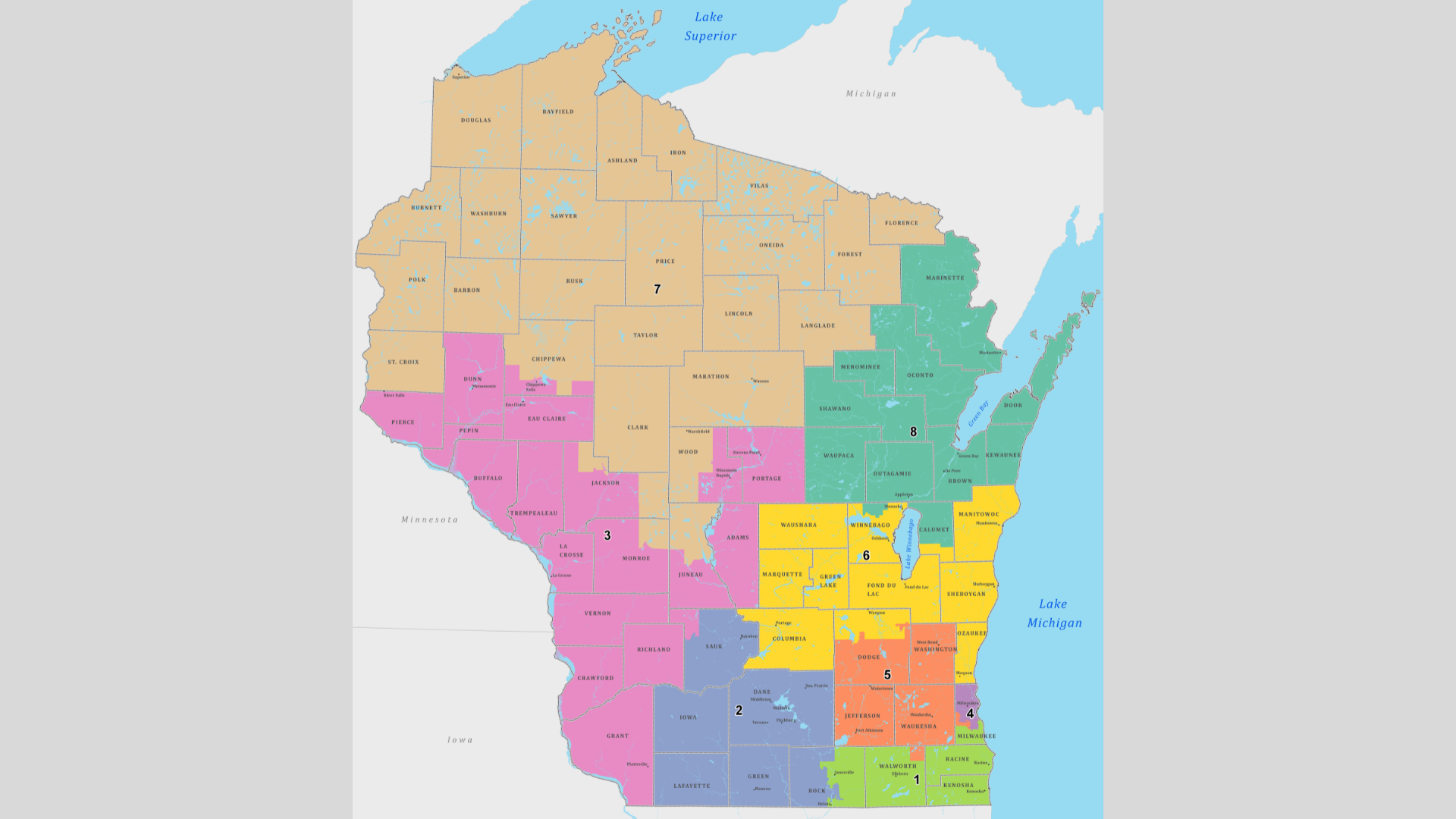A progressive law firm has filed suit in Dane County seeking to overturn Wisconsin’s congressional map, arguing it is an “anti-competitive gerrymander” that is an “affront” to the state Constitution. Among other things, the Law Forward suit alleges Wisconsin’s congressional seats are so uncompetitive that it violates the equal protection guarantee, the promise of a free government and the right to...
Please log in to access subscriber content.
If you don't have a subscription, please contact schmies@wispolitics.com for subscription options on the WisPolitics-State Affairs platform, which is the new home for WisPolitics subscriber products.


